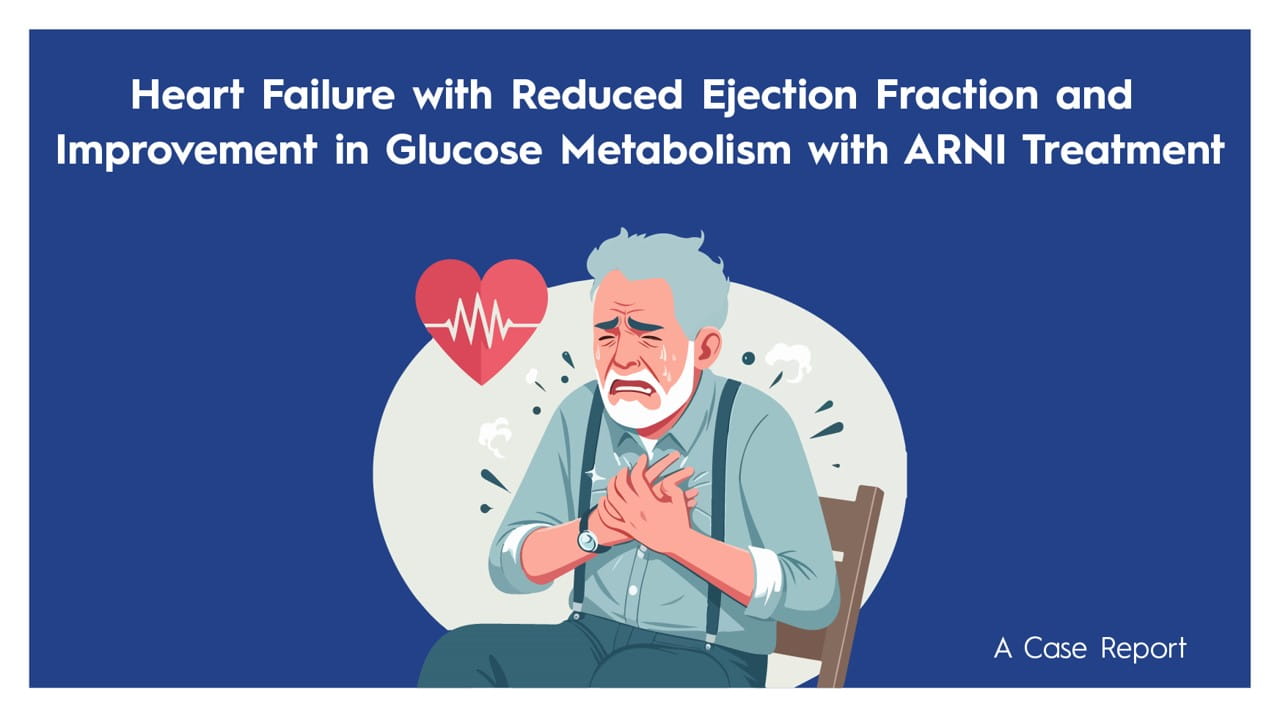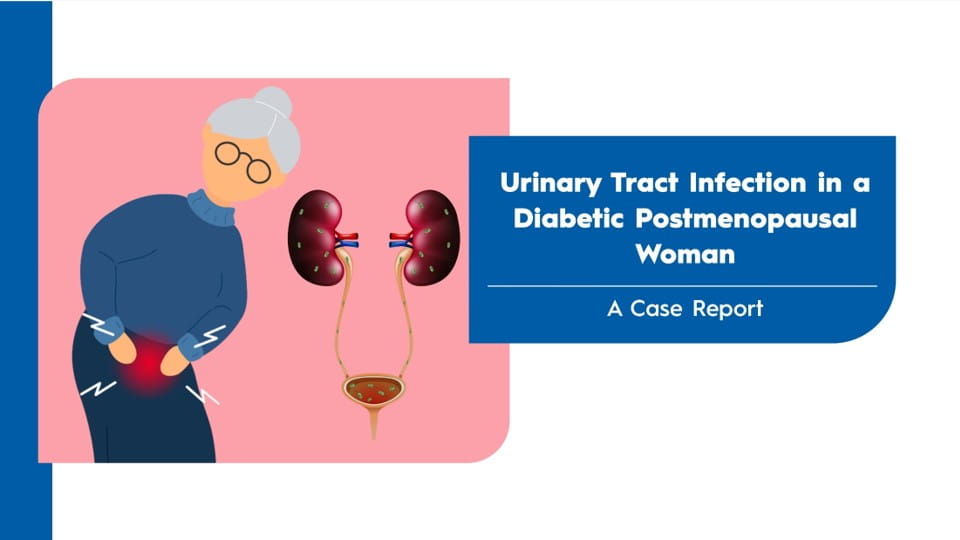EASD 2025: CGM Matrix: No Life Outside?
Novel Diabetes Classification Based on Glucose Variability Patterns from CGM Data
Presenter: S. Singla
A novel diabetes classification system was developed using continuous glucose monitoring (CGM) data from 527 patients over 14 days. Glucose variability metrics were analyzed via unsupervised machine learning and five new subgroups were identified: stable hyperglycemia (31%), brittle hypoglycemia-prone (18%), postprandial spike (22%), dawn phenomenon dominant (16%), and erratic fluctuator (13%).
Each subgroup exhibited unique glycemic patterns and differential treatment responses. GLP-1 receptor agonists were most effective for postprandial spikes, SGLT-2 inhibitors for dawn phenomenon, and hybrid closed-loop systems for hypoglycemia-prone patients. This CGM-based classification enables personalized diabetes management by aligning therapies with individual glycemic behavior, offering improved outcomes over traditional etiology-based models. It represents a paradigm shift toward precision medicine in diabetes care.
Distinct Glycaemic Signatures Predict Medication Response and Complication Risk in Diabetes: A Multicentre CGM Analysis
Presenter: S. Patil
This multicenter study analyzed CGM data from 527 diabetes patients to subsequently correlate with complication rates over 6 months.
CGM data revealed five glycemic signatures: sustained hyperglycemia (31%), high-frequency hypoglycemia (18%), postprandial spikes (22%), early morning elevations (16%), and chaotic fluctuations (13%). Specific patterns in therapeutic responses was observed with postprandial spikes responding best to incretin therapies, early morning elevations to SGLT2 inhibitors and high frequency hypoglycemia patterns to insulin infusion. Most significantly, glycemic signatures predicted future hospitalization for acute metabolic complications better than HbA1c, disease duration or known risk factors. (AUC 0.83 vs. 0.67, p<0.001)
The findings support integrating glycemic pattern analysis into routine care to better predict medication efficacy and complication risk thus improving outcomes and reducing adverse events.
EASD 2025, 15th – 19th Sept 2025, Vienna, Austria.




